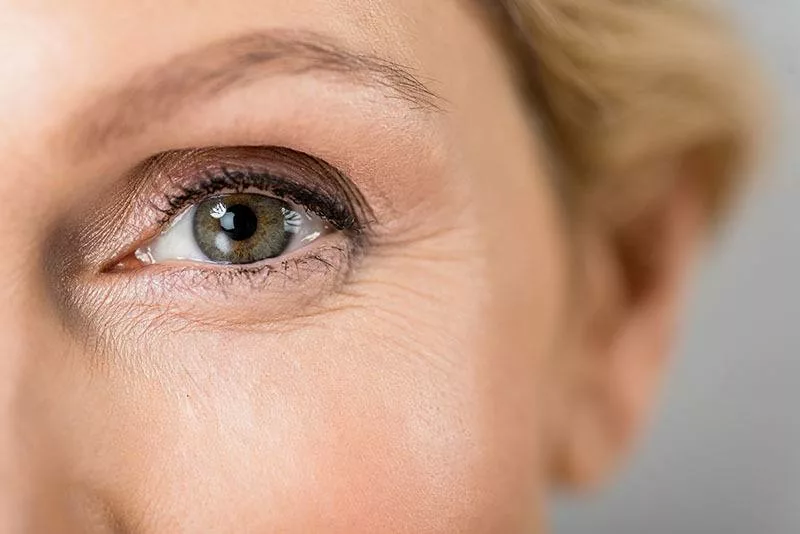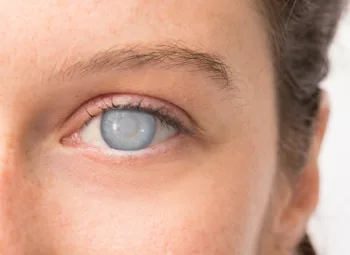
The Signs and Symptoms of Cataract Development, and the Importance of Preventative Care
Across the globe, cataracts are the most common cause of blindness. They can affect anyone at any age, so knowing how to spot the symptoms and understanding the importance of preventative care is essential to maintaining your vision. If you are concerned about the possibility of developing cataracts, this guide is for you. Read on to learn more about the early signs and symptoms of cataracts and the steps you can take to maintain your eye health.
How Do Cataracts Affect Your Vision?
When functioning correctly, the lens of your eye focuses the light that enters your pupil, allowing you to see clearly. As a cataract develops, it causes your lens to cloud and harden. This obscures any light that passes through and disrupts your field of vision. If the build-up of cataract proteins continues to develop and remains untreated, it can ultimately lead to total blindness.
What are the Symptoms of Cataract Development?
One in six people in the U.S. will be affected by cataracts by the age of 40, and by the age of 60, your chances can double. It is important to keep an eye out for the following symptoms of cataract development:
The Visual Signs of Cataracts
- Blurry, cloudy, or dim vision
- Sensitivity to light
- Halos or visual glares
- Bad night visions
- Unstable vision prescriptions
- Double vision
- Requiring extra light to see
- Colors appearing faded or yellowed
It is also important to note that during the early stages of cataract development, symptoms can be hard to detect. In fact, some patients experience no visual symptoms of cataracts within the first few years of their development. This is because cataracts symptoms can range in terms of severity, and most develop very slowly. It can take several years to cause major vision disruption.
What Causes Cataract Development?
Men, women, and children all around the world suffer from cataracts for a variety of reasons, and certain factors can increase the risk of developing them.
- Age: Age-related cataracts develop naturally and are the most common. It is estimated that approximately half of the population in the U.S. over the age of 75 is affected by cataracts.
- Medical Conditions: People who have certain health conditions such as diabetes are more likely to develop cataracts. Cataracts are also sometimes linked to steroid use or the prolonged use of other medications.
- Eye Injuries: It is possible for a cataract to develop after you recover from a traumatic eye injury. It can begin to form as you heal, or in the years that follow.
- Lifestyle Choice: Overexposure to UV rays throughout your life can increase your chances of developing cataracts. Similarly, habitually smoking cigarettes increases the likelihood of cataract development in your lifetime. Some cataract cases have also been linked to poor diet and nutrition.
How Do I Prevent Cataracts from Developing?
Unfortunately, there is no guaranteed way to prevent the development of cataracts. But certain lifestyle changes can help slow down their progression and decrease the negative effects they can have on your vision.
- Diet: A well-rounded diet rich in essential nutrients can help ensure your overall wellness and eye health. Remember to eat plenty of leafy greens, fruits full of vitamin-c, and Omega-3 fatty acids found in salmon or nuts.
- Eye Protection: Protect your eyes from potential injury or UV ray exposure with proper protective eyewear.
- Routine Eye Exams: It is very common for patients to be unaware they are in the early stages of cataract development prior to an eye exam. If you are over the age of 40, annual eye exams are the best way to catch any potentially harmful issues like cataracts before they cause irreparable damage to your vision.
Experiencing Potential Signs and Symptoms of Cataracts? Contact NeoVision Eye Center for a Comprehensive Eye Exam
As a leading expert in cataract surgery, Dr. Tandon has been providing Bay Area patients with advanced care for over 23 years. Our entire team at NeoVisions Eye Center is here to answer any questions or concerns you may have about cataracts and their effect on your vision.
It’s important to identify and treat the signs and symptoms of cataracts as early as possible. If you have experienced any sudden changes in your eyesight, or believe you may be at risk for developing cataracts, contact us today to schedule a comprehensive eye exam today.





